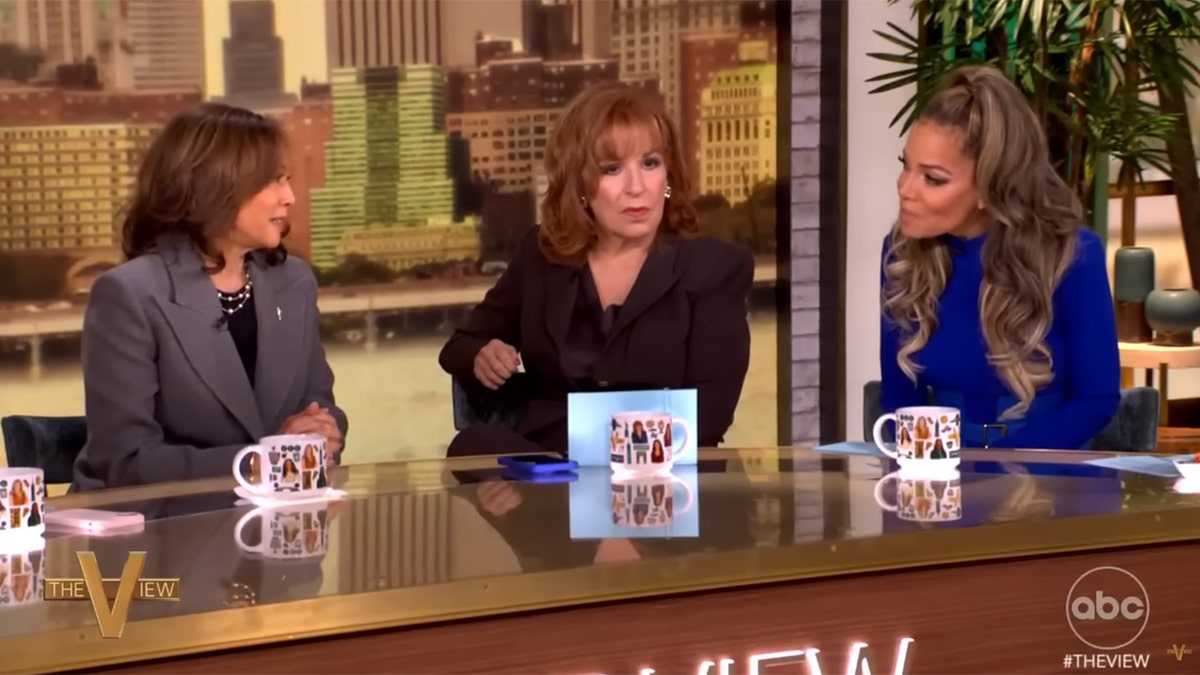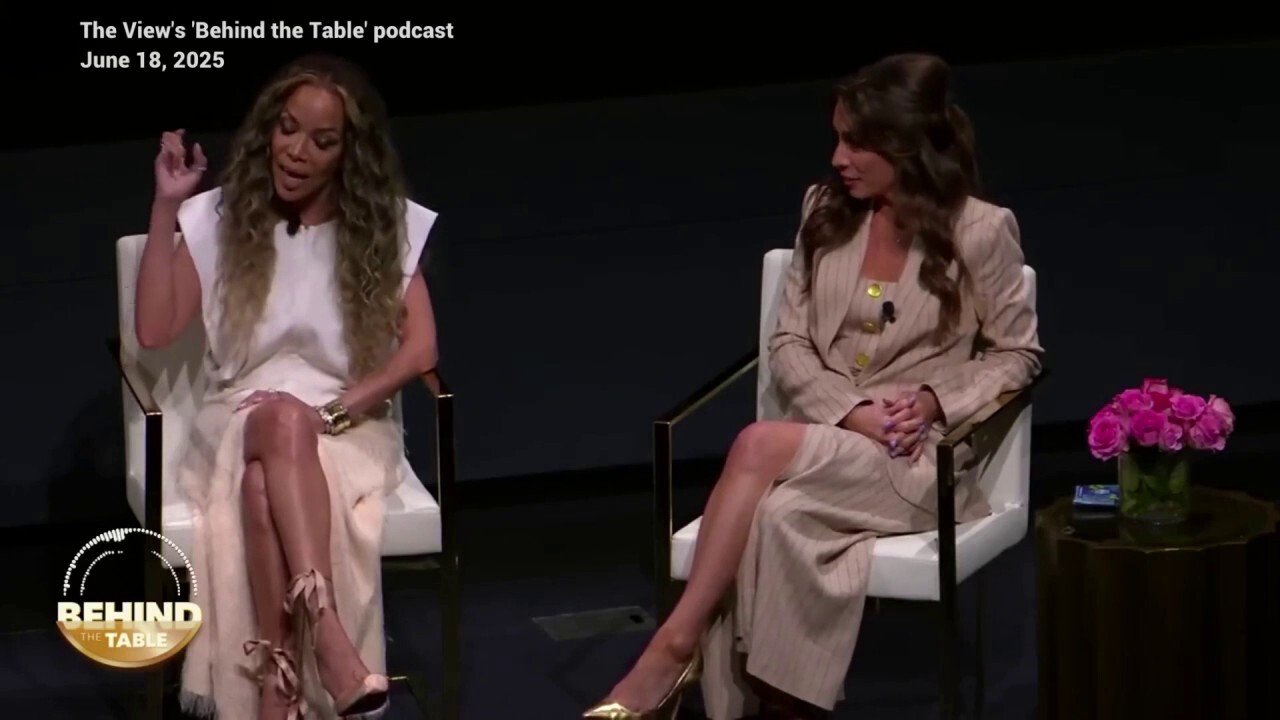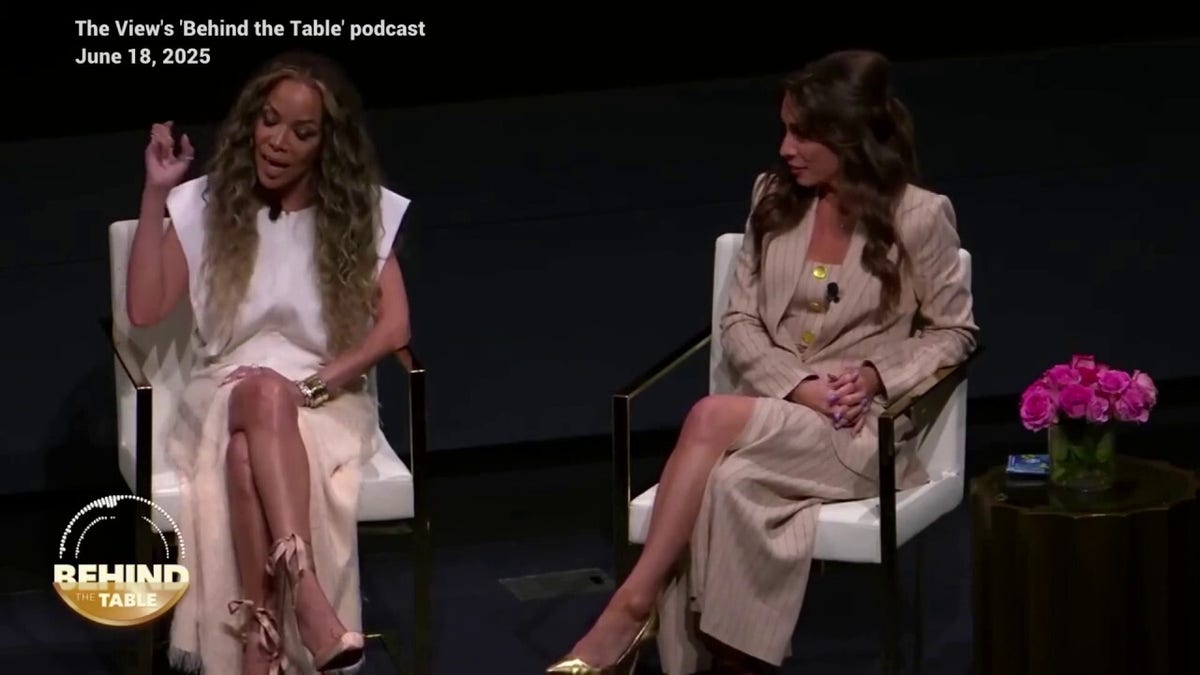Sunny Hostin Feels ‘Terrible’ About Kamala Harris Fumbling Her Viral Question About Differences with Biden
In a recent episode of “The View,” co-host Sunny Hostin stirred the political pot with a bold question aimed at former Vice President Kamala Harris: how would she differ from President Joe Biden if elected? This question quickly gained traction online, attracting both support and criticism regarding its implications for Harris’s campaign. Hostin has since reflected on the incident, stating that she feels “terrible” about its fallout and the unintended consequences it may have had.
The Impact of a Single Question
Hostin’s inquiry occurred during a pivotal moment in the political landscape. As Harris aims to solidify her position as a contender for the presidency, her ability to distinguish herself from the current administration is crucial. When asked what she would do differently than Biden, Harris’s response of “not a thing comes to mind” sent shockwaves through social media and political discussions alike. Observers noted that this moment could be detrimental to her campaign, particularly given Biden’s fluctuating popularity.
Many political analysts and supporters of Harris interpreted the question as a test; one designed to challenge her identity and vision as a candidate. The unfavorable response left critics arguing that it demonstrated Harris’s challenge of establishing her own narrative while still being closely associated with the Biden administration. The nuances of her answer—or lack thereof—delivered a reminder of how critical the art of communication is in the political arena.
Sunny Hostin’s Reflections
In a follow-up podcast episode, Hostin openly addressed the backlash resulting from her original question. She clarified that her intentions were not to undermine Harris’s campaign but rather to engage in a fair discourse that all candidates must navigate. Hostin acknowledged that her inquiry was one Harris should have anticipated, given the growing interest in her candidacy and potential electoral strategies.
Feeling the weight of her words, Hostin acknowledged the viral nature of the moment as soon as Harris responded. The significance of such questions during interviews can be amplified in an age where social media dominates public discourse. While sharing her thoughts, Hostin reiterated her support for Harris and expressed regret that her question may have unintentionally cast a shadow on her campaign efforts.
The Role of Media in Politics
The encounter highlights the broader landscape of political interviews and the influence of media on public perception. Political figures are under constant scrutiny, and moments like Hostin’s question can quickly morph into pivotal turning points in campaigns. Democratic strategist James Carville noted that Harris’s struggle to articulate a distinct plan separate from Biden’s presidency underscores the urgency for her to carve out her political identity.
These media moments serve as a double-edged sword. On one hand, they can galvanize support and elevate a candidate’s profile. On the other, they risk exposing vulnerabilities that can be magnified in the public eye. For politicians like Kamala Harris, mastering this balance is essential, especially as they navigate the complexities of their ongoing campaigns.
Hostin’s comments and the ensuing conversation demonstrate the tightrope that political candidates must walk when distinguishing themselves from their predecessors. The dynamics of representation, accountability, and media influence come into play, shaping the narrative around a candidate’s platform and values.
Conclusion
In summary, the interaction between Sunny Hostin and Kamala Harris serves as a case study in political communication and media influence, emphasizing the importance of clarity and identity in modern politics. As we continue to observe the evolving political landscape, it’s essential to engage with these discussions critically. For those following Harris’s campaign, this moment reminds us of the complexities within election strategies, underscoring the significance of establishing a unique identity that resonates with voters. Join the conversation and share your thoughts on how candidates can effectively communicate their visions in a challenging political climate.


